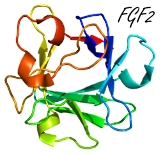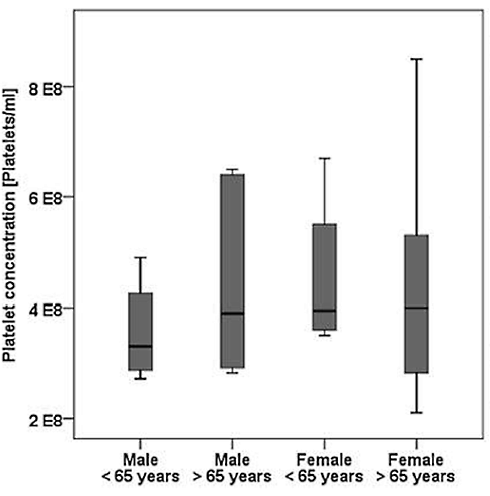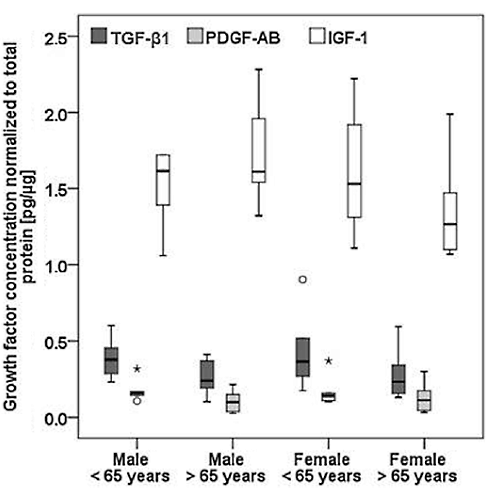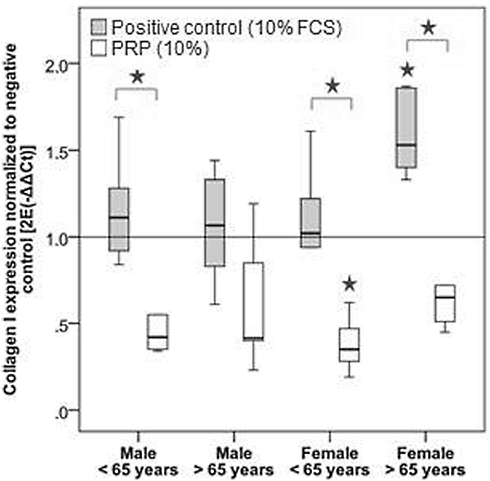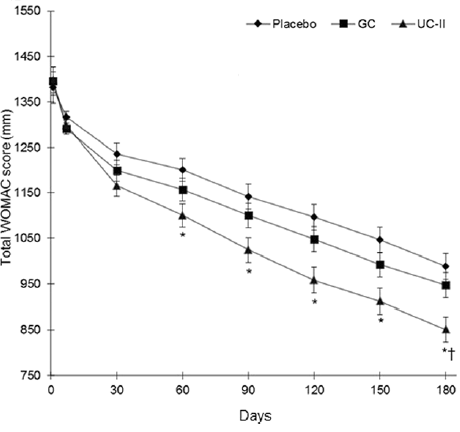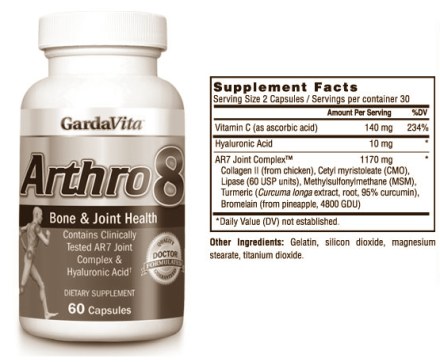|
Definition: "An ergogenic aid is any substance or phenomenon that enhances performance "
|
|
||||||||
23.12.2018 |
|
|
Why platelet rich plasma does not work
Not on the doping list anymore
Researchers at Stanford University published a human study in 2013, in which they raised the question whether platelet rich plasma should have remained on the doping list anyway. [Am J Sports Med. 2013 Jan;41(1):186-93.]
The injection with platelet rich plasmasignificantly increased the concentration of the growth factors IGF-1 and basic fibroblast growth factor [bFGF/FGF2] [a growth factor that stimulates the proliferation of collagen producing cells]. IGF-1 and FGFs are the doping list.
New study
The researchers took blood samples from subjects with a rotator cuff injury, and extracted platelet rich plasma. With regard to platelet rich plasma concentration and the production of growth factors by the platelets, it did not matter whether the subjects were younger or older and whether they were male or female.
Then, the researchers brought the platelet rich plasma into contact with tissues from the damaged attachments of the test subjects in petri dishes. The platelet rich plasma stimulated the development of the cells in those tissues.
"These variables might contribute to the understanding of heterogeneous results in clinical and radiographic studies and the demand for further translational studies, while platelet rich plasma generally shows effects on human rotator cuff tendon cells in vitro", write the Germans.
What would be the effect of treatment with platelet rich plasma in combination with supplementation with collagen peptides? Or with amino acids like glycine and proline?
Source: More: Archives:
|
|
||||||||||||||||||



